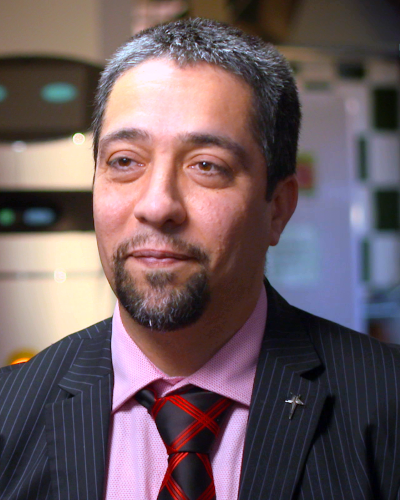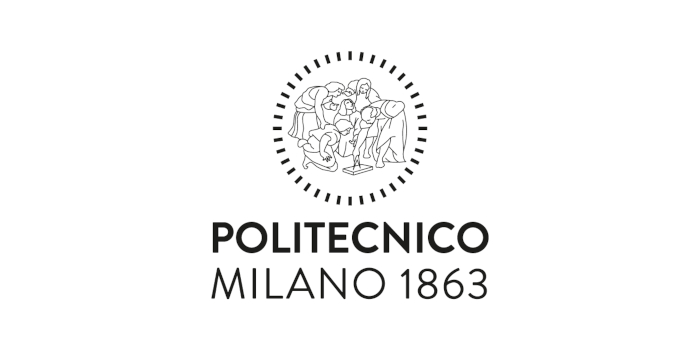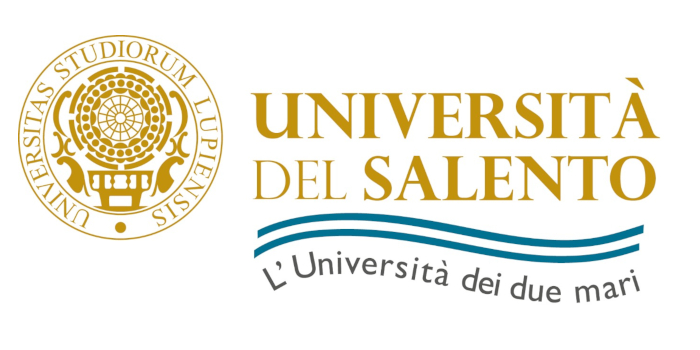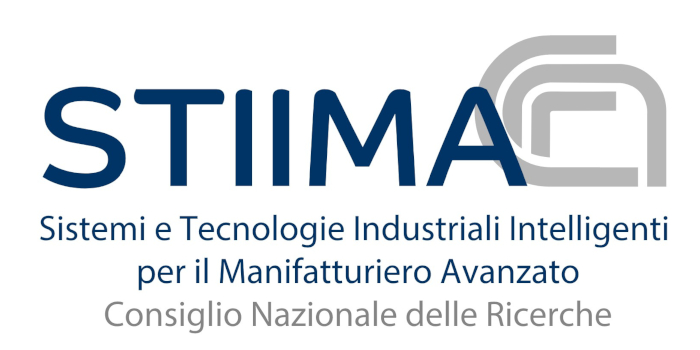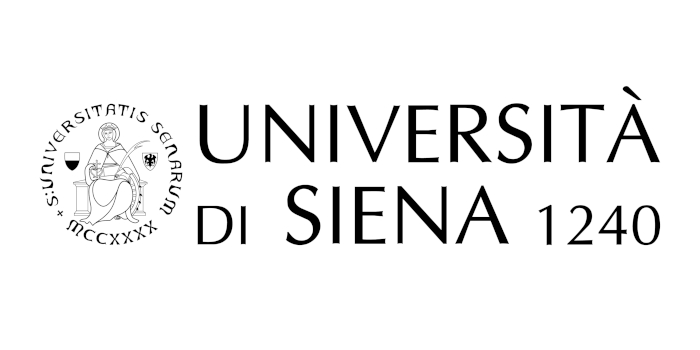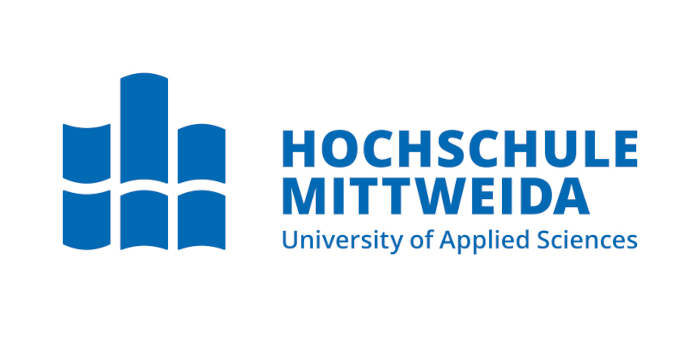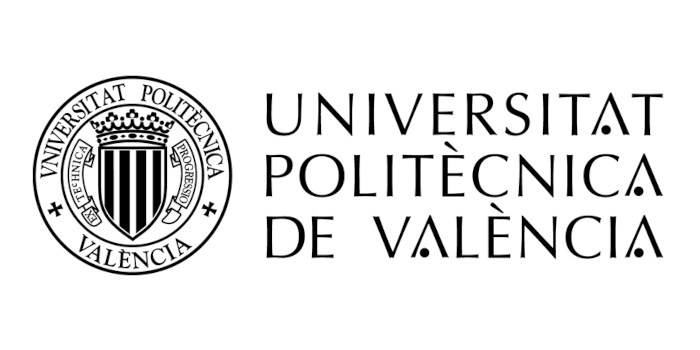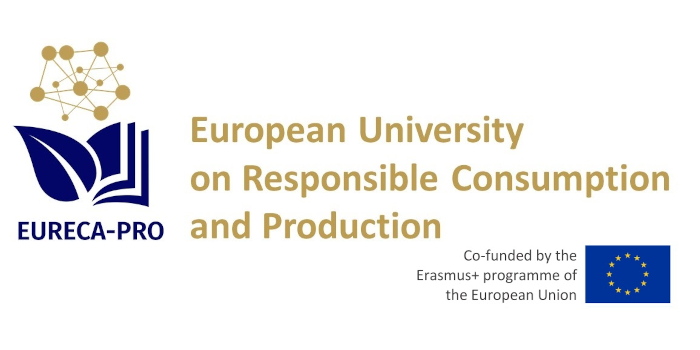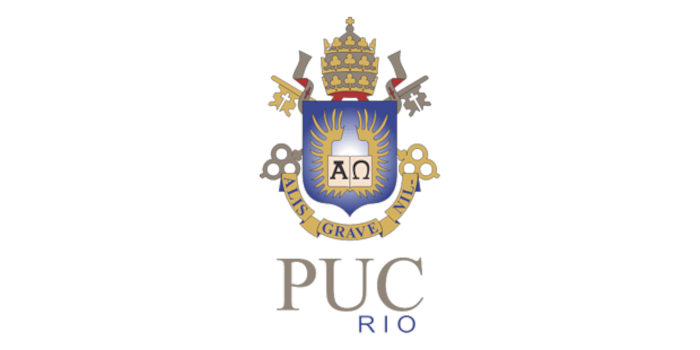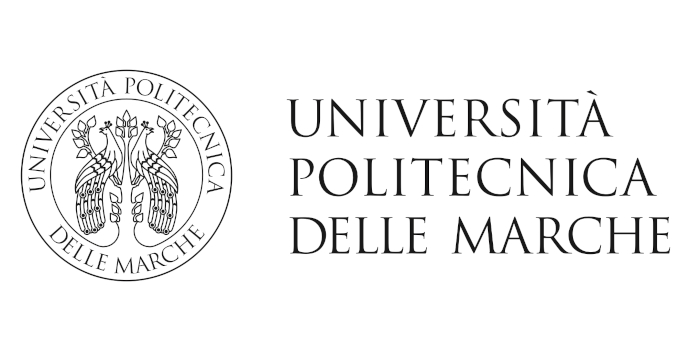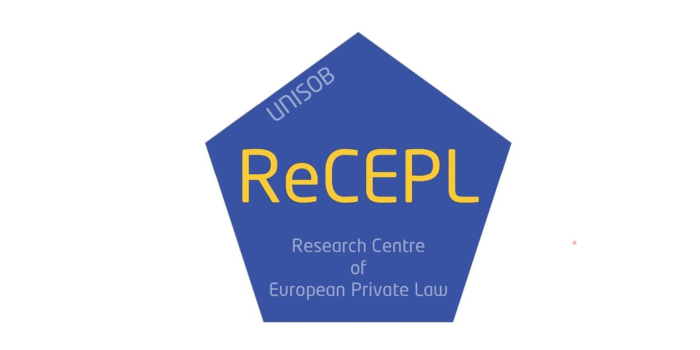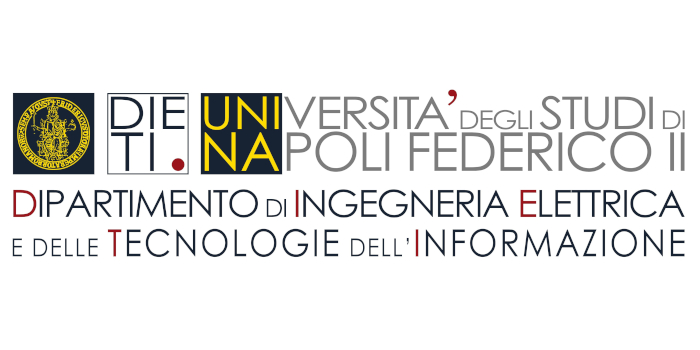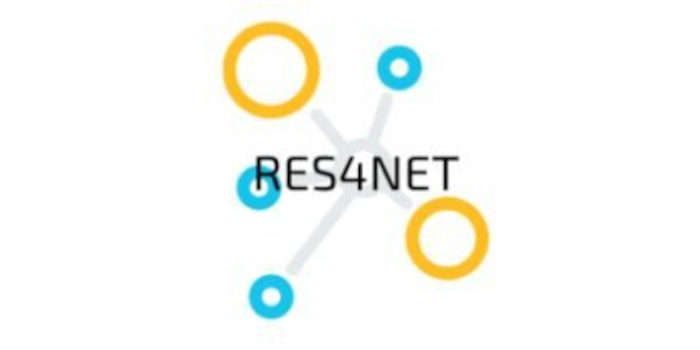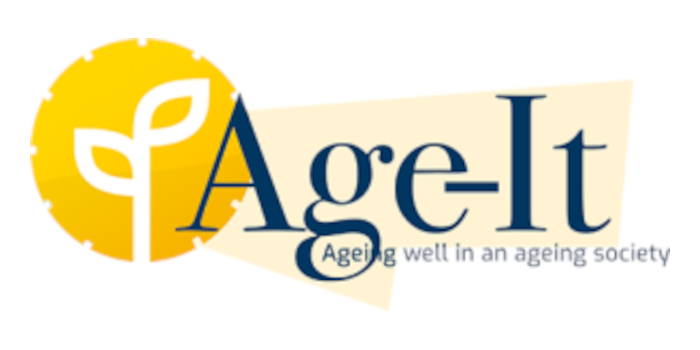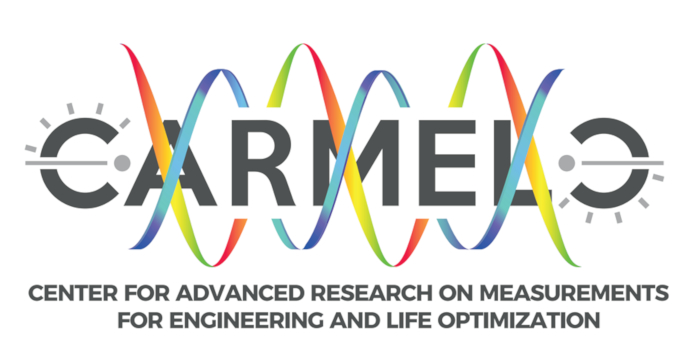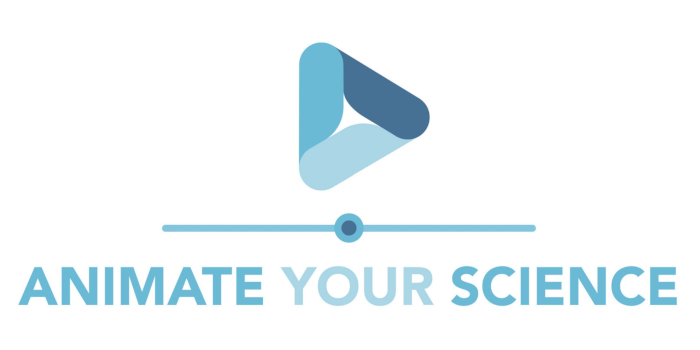SPECIAL SESSION #16
AI-Powered Social and Assistive Robotics
ORGANIZED BY
Farshid Amirabdollahian
University of Hertfordshire, UK
Angelo Cangelosi
University of Manchester, UK
Giorgio Metta
Italian Institute of Technology, Italy
Patrick Holthaus
University of Hertfordshire, UK
ABSTRACT
The proposed session connects with two of the keynotes, related to work in the domains of intelligent robots utilised for social and physical assistance.
This special session aims to explore the intersection of artificial intelligence (AI) and robotics, specifically focusing on applications in social and assistive contexts. Submissions in the session cover aspects of applied machine learning techniques in human-robot interaction and where robot's learning using such techniques provide a more suitable partner for a human user. The integration of AI technologies into robotic systems has the potential to revolutionise how robots interact with humans, fostering enhanced social engagement and providing valuable assistance in various domains. This session invites researchers and practitioners to share their latest findings, innovations, and challenges in the development and deployment of AI-powered social and assistive robotics.
TOPICS
Topics include but are not limited to:
- Human-robot interaction in social settings;
- AI algorithms for social perception in robots;
- Assistive robotics for healthcare and daily living;
- Ethical considerations in AI-powered robotics;
- Integration of natural language processing in social robots;
- Cognitive and emotional aspects of AI-driven robots;
- Case studies and real-world applications;
- Challenges and future directions in the field.
ABOUT THE ORGANIZERS
Farshid Amirabdollahian, I am a professor of Human-Robot Interaction at the School of Engineering and Computer Science, the University of Hertfordshire. I lead the Robotics Research Group at the University. Furthermore, I direct Robot House and Kaspar projects.
I am currently the University Theme Champion in Information and Security. I coordinated and completed the Accompany and SCRIPT projects funded by the framework 7 programme of the European Community. I am currently involved in Emergence Network+ project funded by Engineering and Physical Sciences Research Council, focusing on barriers to robotic technology transfer to homes. I am also involved in a recently launched Horizon Europe project, SWAG (soft wearable assistive garments) with a group of expert European partners. Lastly, I am due to start a new funded project, Hospital@Home which targets technology mediated home-care after hospital discharge.
My research is focused on human-robot interaction and is applied in the context of rehabilitation, assistive technology and more recently, over the past 7 years, takes an interest on deep learning and machine learning approaches for HRI.
Angelo Cangelosi, is Professor of Machine Learning and Robotics at the University of Manchester (UK) and co-director and founder of the Manchester Centre for Robotics and AI. He holds an European Research Council (ERC) Advanced grant. He also is Turing Fellow at the Alan Turing Institute London. His research interests are in cognitive and developmental robotics, neural networks, language grounding, human robot-interaction and trust, and robot companions for health and social care. Overall, he has secured over £38m of research grants as coordinator/PI, including the ERC Advanced eTALK, the UKRI TAS Trust Node and CRADLE Prosperity, the US AFRL project THRIVE++, and numerous Horizon and MSCAs grants. Cangelosi has produced more than 300 scientific publications. He is Editor-in-Chief of the journals Interaction Studies and IET Cognitive Computation and Systems, and in 2015 was Editor-in-Chief of IEEE Transactions on Autonomous Development. He has chaired numerous international conferences, including ICANN2022 Bristol, and ICDL2021 Beijing. His book “Developmental Robotics: From Babies to Robots” (MIT Press) was published in January 2015, and translated in Chinese and Japanese. His latest book “Cognitive Robotics” (MIT Press), coedited with Minoru Asada, was recently published in 2022.
Giorgio Metta, is the Scientific Director of the Istituto Italiano di Tecnologia (IIT). He holds a MSc cum laude (1994) and PhD (2000) in electronic engineering both from the University of Genoa. From 2001 to 2002, Giorgio was postdoctoral associate at the MIT AI-Lab. He was previously with the University of Genoa and from 2012 to 2019 Professor of Cognitive Robotics at the University of Plymouth (UK). He was member of the board of directors of euRobotics aisbl, the European reference organization for robotics research. Giorgio Metta served as Vice Scientific Director of IIT from 2016 to 2019. He coordinated IIT's participation into two of the Ministry of Economic Development's Competence Centers for Industry 4.0 (ARTES4.0, START4.0). He was one of the three Italian representatives at the 2018 G7 forum on Artificial Intelligence and, more recently, one of the authors of the Italian Strategic Agenda on AI. Giorgio coordinaed the development of the iCub robot for more than a decade making it, de facto, the reference platform for research in embodied AI. Currently, there are more than 40 iCub robots reaching laboratories as far as Japan, China, Singapore, Germany, Spain, UK and the United States. Giorgio Metta research activities are in the fields of biologically motivated and humanoid robotics and, in particular, in developing humanoid robots that can adapt and learn from experience. Giorgio Metta is author of more than 300 scientific publications. He has been working as principal investigator and research scientist in about a dozen international research as well as industrial projects.
Patrick Holthaus, is a Senior Research Fellow in the Robotics Research Group and manager of the Robot House research facility at the University of Hertfordshire (UK). Patrick coordinates all research activities inside Robot House, supports internal and external collaborators in using the facilities, and advises them while conducting research. At the same time, he maintains the robots and all the other interactive technology in the house.
Patrick has extensive expertise in social human-robot interaction and experimentation and is highly skilled with a large array of robotic and sensing technologies. His research revolves around social robotics and focuses on nonverbal intgeractive signals, social credibility and trust in assistive and companion robots. He is further interested in interaction architectures and behaviour coordination as well as systems integration in heterogeneous environments. He is also a supervisor of several PhD stundents and a Visiting Lecturer at the School of Physics, Engineering and Computer Science, teaching advanced research topics in computer science and other modules.
Patrick is currently a CoI of the UKRI TAS hub's pump priming project Kaspar explains and an advisory board member of the Norwegian project Human Interactive Robotics in Healthcare (HIRo). He was also a CoI of the Assuring Autonomy International Programme (AAIP) funded feasibility project Assuring safety and social credibility. Previously, he been a postdoctoral researcher in the Robot House 2.0 project, an EPSRC strategic equipment grant.


